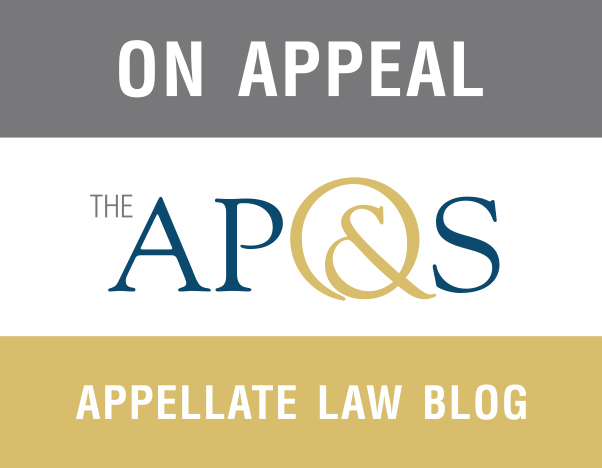In a case of first impression that has important implications for lenders in Rhode Island, the Rhode Island Supreme Court held this term that a usury savings clause in a commercial loan document does not validate an otherwise usurious contract. NV One, LLC v. Potomac Realty Capital, LLC, No. 2012-262-Appeal.
As a result of the Court’s decision, loan documents that impose an interest rate in excess of 21 percent per annum and do not fall within a statutory exception are usurious and void as a matter of law, regardless of whether they contain a usury savings clause. Id. at 8. When a usurious loan document is declared void, the borrower is entitled to recover all amounts paid on the loan. Id.[1] A lender has no right to collect either principal or interest on a usurious loan. See Colonial Plan Co. v. Tartaglione, 50 R.I. 342, 147 A. 880, 881 (1929).
Pursuant to Rhode Island statutory law, the maximum allowable interest rate for most loans is 21 percent per annum. NV One, LLC at 8. (citing R.I. Gen. Laws § 6-26-2(a)).[2] Contracts that purport to impose an interest rate in excess of 21 percent per annum are usurious and void. Id. (citing R.I. Gen. Laws § 6-26-4). The lender’s subjective intent to comply with the usury laws is irrelevant. Id. However, if the lender willfully and knowingly violates § 6-26-2, it can be found guilty of criminal usury, punishable by up to five years’ imprisonment. R.I. Gen. Laws § 6-26-3.
Through the passage of such statutes, the Rhode Island General Assembly has manifested an intention to protect borrowers by ensuring that lenders do not charge interest in excess of the maximum rate. Id. at 14. As the Supreme Court recognized, “the Legislature intended an inflexible, hardline approach to usury that is tantamount to strict liability.” Id. at 12.
Since their enactment, Rhode Island has strictly enforced its usury laws, but until the Supreme Court’s decision in NV One, LLC, it had not addressed whether a usury savings clause could save an otherwise usurious loan. See NV One, LLC at 12 (tracing Rhode Island’s “historically strict enforcement of the statute and its predecessors” from 1926 through 1982).
In concluding that usury savings clauses violate public policy, the Supreme Court reasoned that “enforcement of usury savings clauses would entirely obviate any responsibility on the part of the lender to abide by the usury statute, and would, in essence, swallow the rule.” NV One, LLC at 15. The Court expressed concern that “the inclusion of usury savings clauses in loan contracts would lead to results that are injurious to the money-borrowing public, as well as potentially unconscionable or tending towards injustice or oppression.” Id. at 16. Indeed, “[i]f lenders could circumvent the maximum interest rate by including a boilerplate usury savings clause, lenders could charge excessive rates without recourse.” Id.
In the wake of the Supreme Court’s decision, lenders should carefully scrutinize their loan documents to ensure full compliance with Rhode Island’s usury laws, bearing in mind that a usury savings clause will not save an otherwise usurious loan agreement.
[1] By statute, the remedy available when a regulated financial institution knowingly contracts or charges a usurious interest rate is different. In that scenario, the regulated financial institution must forfeit the entire interest on the debt. R.I. Gen. Laws § 6-26-4(d). If the debtor has already paid the usurious interest rate, he or she may recover from the regulated financial institution twice the amount of the interest paid. Id. There is a two year statute of limitations for such actions, which runs from the date of the usurious transaction. Id.
[2] There are some exceptions, such as for a loan in excess of $1,000,000 to a commercial entity when the loan is not secured by a mortgage against the principal residence of any borrower and the commercial entity obtained a pro forma methods analysis performed by a licensed certified public accountant. R.I. Gen. Laws § 6-26-2(e).




